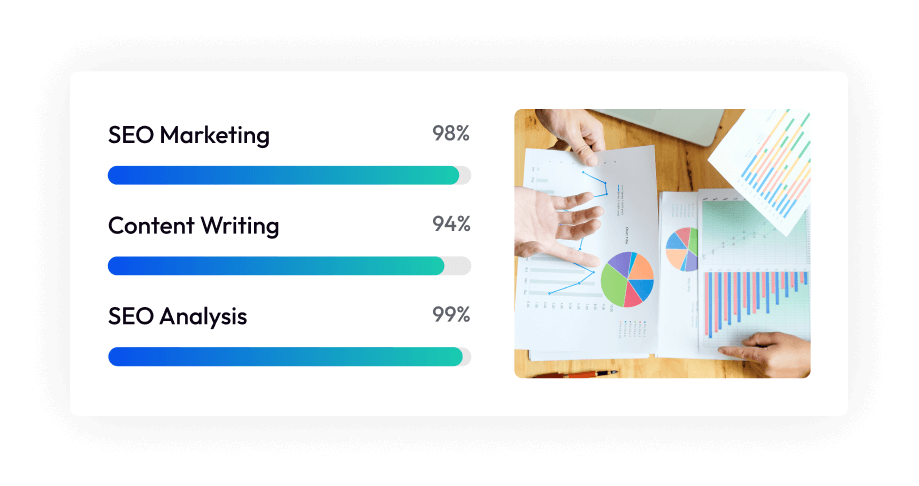Technical SEO
Technical SEO refers to the process of optimizing a website and server to help search engine spiders crawl and index your site more effectively. Unlike traditional SEO, which focuses on content and keyword optimization, technical SEO involves backend adjustments and improvements that enhance the overall performance, usability, and accessibility of a website.
Website Speed Optimization:
- Page loading speed is crucial for both user experience and search rankings. Optimizing images, leveraging browser caching, and minimizing JavaScript and CSS can significantly improve load times.
Mobile-Friendliness:
- With the rise of mobile browsing, ensuring your website is mobile-responsive is essential. Google prioritizes mobile-friendly sites in search results, so utilizing responsive design techniques is important.
XML Sitemap:
- An XML sitemap is a file that lists all the pages on your website. It helps search engines understand your site structure and index your pages more efficiently. Regularly updating your sitemap is crucial for ongoing optimization.


Improved Crawlability
Technical SEO ensures that search engine bots can effectively crawl and index your site, increasing the chances of your pages being included in search results.
Enhanced User Experience
A technically optimized website loads faster, is mobile-friendly, and has a clear structure, leading to better user experience and engagement.
Higher Search Rankings
Addressing technical issues can boost your site’s authority and relevance in search engines, leading to improved rankings for targeted keywords.
Reduced Bounce Rates
Websites that load quickly and are easy to navigate tend to retain visitors longer, resulting in lower bounce rates and higher conversion rates.
Optimize your site’s structure, speed, and security using advanced Technical SEO strategies

Optimize your site’s structure, speed, and security using advanced Technical SEO strategies" emphasizes the key elements of effective technical SEO and their importance for a successful online presence:
Optimize your site’s structure: This refers to organizing the layout and hierarchy of your website in a way that makes it easy for both users and search engine crawlers to navigate. A well-structured site enhances user experience and helps search engines index your content more effectively.
Speed: Site speed is a critical factor for user satisfaction and search engine rankings. Optimizing loading times by minimizing code, compressing images, and leveraging browser caching can lead to better performance and reduced bounce rates.
Security: Implementing security measures, such as SSL certificates (HTTPS), protects user data and builds trust. A secure site is not only essential for user confidence but also a ranking factor for search engines.
